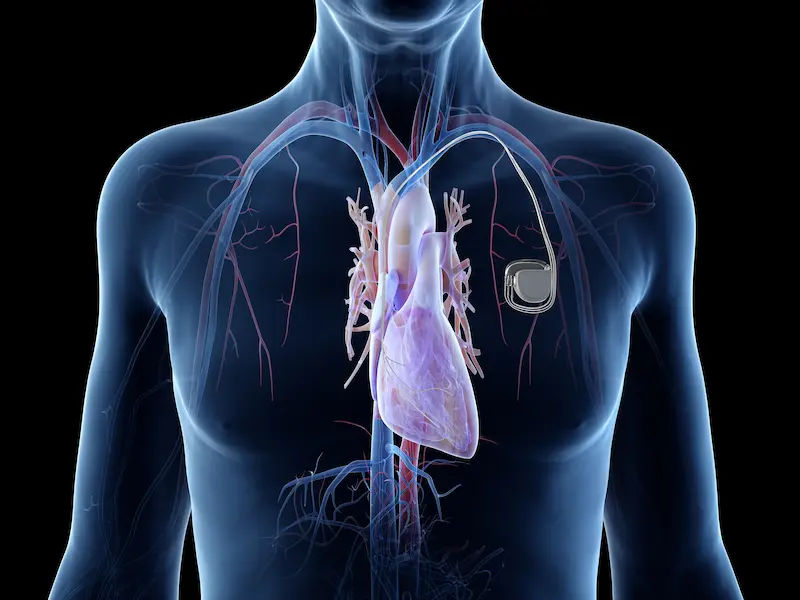- male
- 50 Years
- 31/03/2021
When should we check BP?
More Cardiology Health Queries
View allWhat is good bp range?
ideal blood pressure is considered to be 120/80mmHg. high blood pressure is considered to be 140/90mmHg or higher. low blood pressure is considered to be 90/60mmHg or lower.
Answered by 1 Apollo Doctors
I'm 29 and just measured my blood pressure at 13863. Is this normal, or should I think about seeing a cardiologist for more checks?
A blood pressure reading of 13863 falls within the prehypertension range. It is slightly elevated, especially the systolic reading. For individuals aged 29, it is recommended to monitor your blood pressure regularly and make lifestyle changes to help lower it. If you continue to have elevated readings, you can consider taking antihypertensive medication such as Losartan 50mg once daily to help manage your blood pressure. Remember to also focus on a healthy diet, regular exercise, and stress management to improve your overall cardiovascular health.
Answered by 1 Apollo Doctors
I'm really worried about a heartbeat of 240 beats per minute. Is this life-threatening? Can it lead to heart failure? Is there a way to treat it, or what should I do next?
Yes it is very abnormal and needs immediate attention ,vist cardiologist for appropriate managemnet
Answered by 1 Apollo Doctors
Disclaimer: Answers on Apollo 247 are not intended to replace your doctor advice. Always seek help of a professional doctor in case of an medical emergency or ailment.




.webp)

